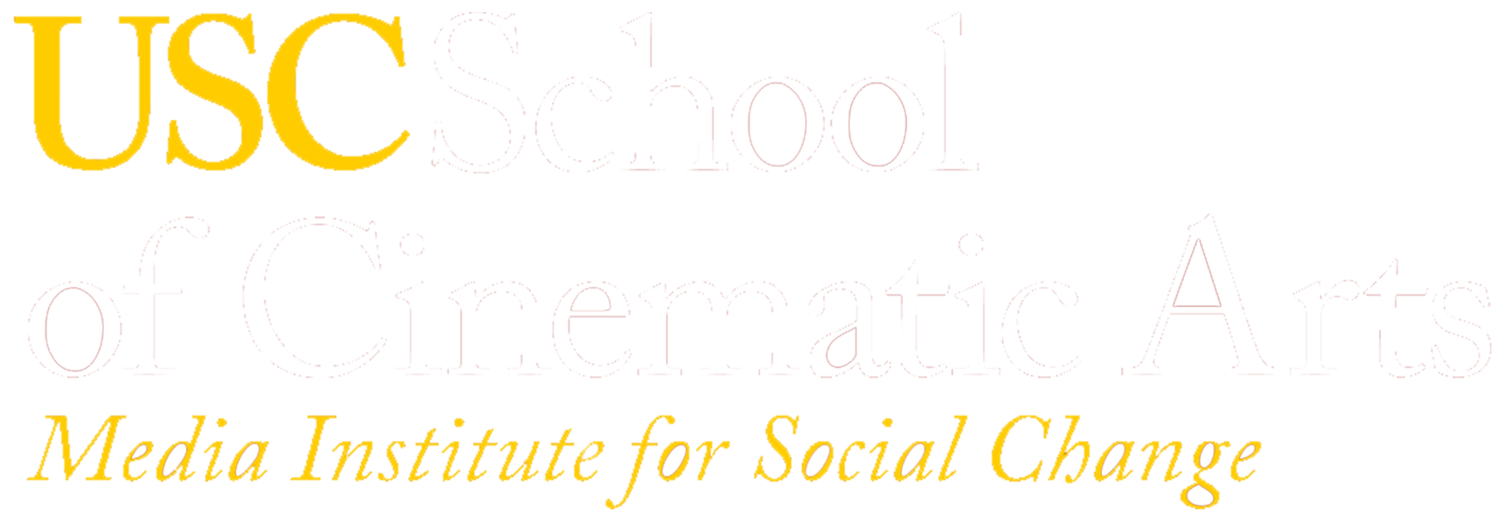OP-ED: Why the USC MISC and KWIPPIT Project Hope L.A. Benefit Concert Matters to Me
/By Lorraine Wheat
On April 19, USC Media Institute for Social Change focused its efforts on raising money for the homeless.
USC MISC partnered with KWIPPIT and joined forces with the hip hop community to host the Project Hope L.A. Benefit Concert. Hip Hop Artists Bishop Lamont, Amp Live, and Angie Fisher used their music to raise donations that went to the Downtown Women’s Center, Skid Row Housing Trust, and the United Way - Greater Los Angeles.
To me, the Project Hope L.A. Benefit Concert was an awesome experience that demonstrated how we as artists can use both media and our artistic talents to unite the Los Angeles community. Uniting Los Angeles is one of the best actions artists can take in order to solve one of Los Angeles’ biggest problems, homelessness.
Los Angeles’ homelessness can sometimes seem overwhelming. According to the Associated Press, California alone has 134,000 homeless people or 24 percent of the nation’s total homeless population. 55,000 of those 134,000 homeless individuals live in Los Angeles County alone. Homeless individuals are not just adults sleeping in tents on the sidewalks, they are also youth sleeping in abandoned buildings, cars, and parks.
On April 20, the Associated Press released a story stating that the state of California had completed an audit before singling out Los Angeles County’s current homeless situation. The Los Angeles Homeless Service Authority then acknowledged that there is a need to make improvements in its current system.
I do think it is important for governing entities to acknowledge the problems that exist in their communities and then enact policies that resolve the problems. I also think that it is more important for everyday citizens to acknowledge the problem. No one can deny that great achievements are made when everyday citizens create grassroot campaigns that raise funding and provide services.
I remember participating in a #hashtaglunchbag2017 Facebook campaign started by Alysha Menakaya, a USC graduate student majoring in Film and Television Production. Using PayPal, she accepted donations to buy food and supplies for an event focused on feeding the homeless living on Skidrow. She then used Facebook to recruit and schedule volunteers from the School of Cinematic Arts. In the middle of December, she oversaw a group of USC film students handing food out to the homeless.
Menakaya used media to create social change in her community; she did not need her government to give her permission. Her government has already enacted policies allowing her to freely recruit, raise money, and organize a team to hand food out to the homeless.
While I love creating projects and donating money, I admit that I am not always thinking about social causes. Artists and professionals like Menakaya remind me to stop and contribute my time and money to resolving a problem in my community. They create discussion around issues that break through the constant noise of my day-to-day existence. That is why I believe creating media for social change is so important. Whether it is a person utilizing social media to create a campaign or a business partnering with organizations to host a concert, all of those endeavors are necessary to resolve some of today’s biggest issues.
USC MISC believes in the power of media to create social change. This belief led to partnering with KWIPPIT and the hip-hop community to host Project Hope L.A., a successful event that raised funding and brought awareness to the Los Angeles homeless population.
